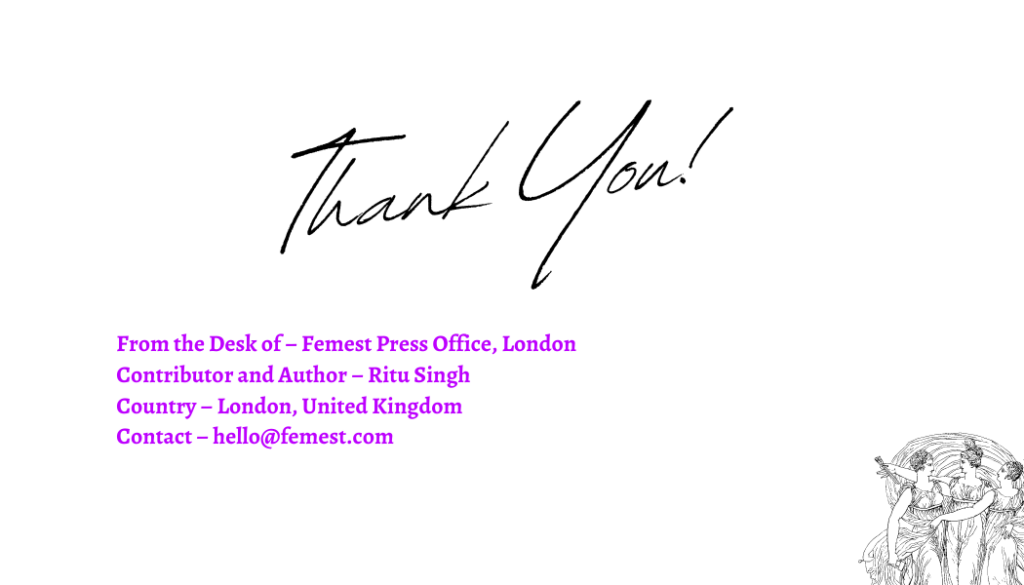Young, fearless, and full of vision — Bianca Zwart is leading bunq’s strategy into the future. At just 33, she’s redefining success in the banking industry. In this powerful conversation, she talks about growth, grit, and why meaningful change starts with bold leadership.
Bianca Zwart, can you share a bit about your journey and what inspired you to pursue a career in banking and strategy?
I still remember the first time I heard about bunq. I just came out of university and started working at one of the big traditional banks in the Netherlands. It wasn’t going to be my dream job—that I knew for sure—but they needed people who spoke multiple languages (at the time I spoke Dutch, English and Spanish) and I simply thought, why not? I’ve always been a person who says ‘might as well try’ and I was sure I’d figure out what I wanted along the way.
It didn’t take me long to realise I indeed joined your typical traditional bank. And that it wasn’t for me. Everything within the organisation seemed to come down to one thing and one thing only: the bank’s profits. This truly hit home one morning during one of our daily stand-up meetings (your typical room full of bankers), in which we’d go over the day’s key points.
One of my colleagues mentioned this new bank that had just launched. It was built by a bunch of techies who wanted to change the world and create the first user-centric bank. Most people in the room laughed and said, “That’ll never work”.
But something about it caught my attention right away. In fact, I hadn’t felt so motivated in a long time. A bank for users, that sounded like a game-changer. While everyone else dismissed it, I couldn’t stop thinking about it. I always wanted to be part of something that could actually make a difference.
As soon as the meeting ended, I went straight to my computer and looked up this new bank. Without hesitation, I applied. A few weeks later, I joined bunq, and I’ve never looked back.
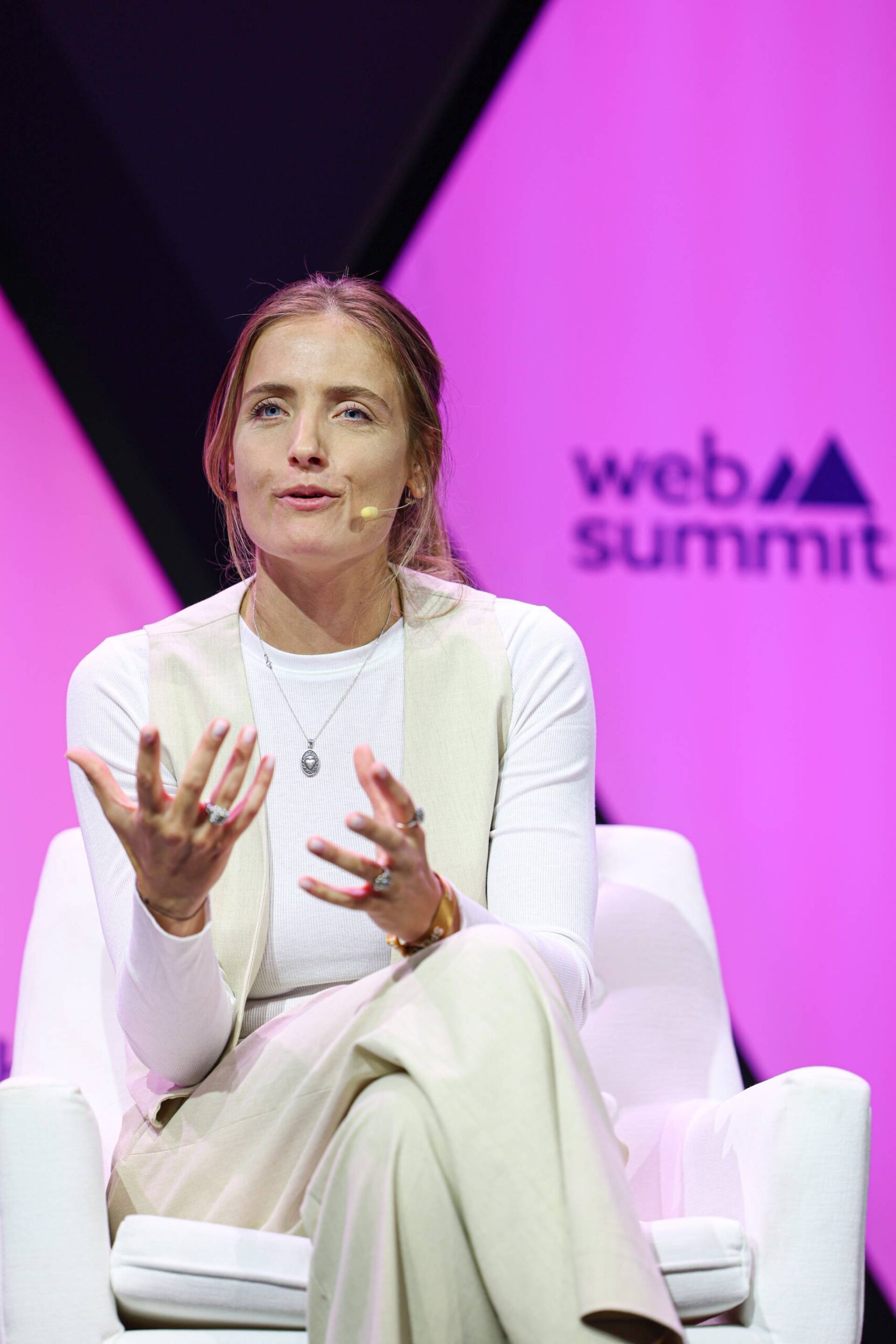
Reflecting on your career, what have been some of the most pivotal moments that led you from team lead to becoming the youngest Chief of Strategy?
Mainly my first weeks as Chief of Staff, which basically comes down to being second-in-command. I was thrown into countless meetings, decisions, and situations I’d never faced before.
I honestly thought I wasn’t smart enough or quick enough to keep up. But like anything, you need to go through it for your brain to figure out how to deal with it. I learned more in those first few weeks than I thought was humanly possible, and that’s still the foundation of how I work today.
What challenges did you face along the way, and how did you navigate the transition from support roles to executive leadership?
I’m an introvert in a very extroverted job. Small talk? Not my thing. I’ve never liked surface-level conversations. Talking for the sake of talking just doesn’t make sense to me. For most introverts, speaking has a clear, sometimes overanalyzed, intention.
We speak when we feel it adds something. But I had to learn that those conversations do matter. And I’ve learned to actively plan time to recharge, away from people, because that’s what keeps me clear and effective.
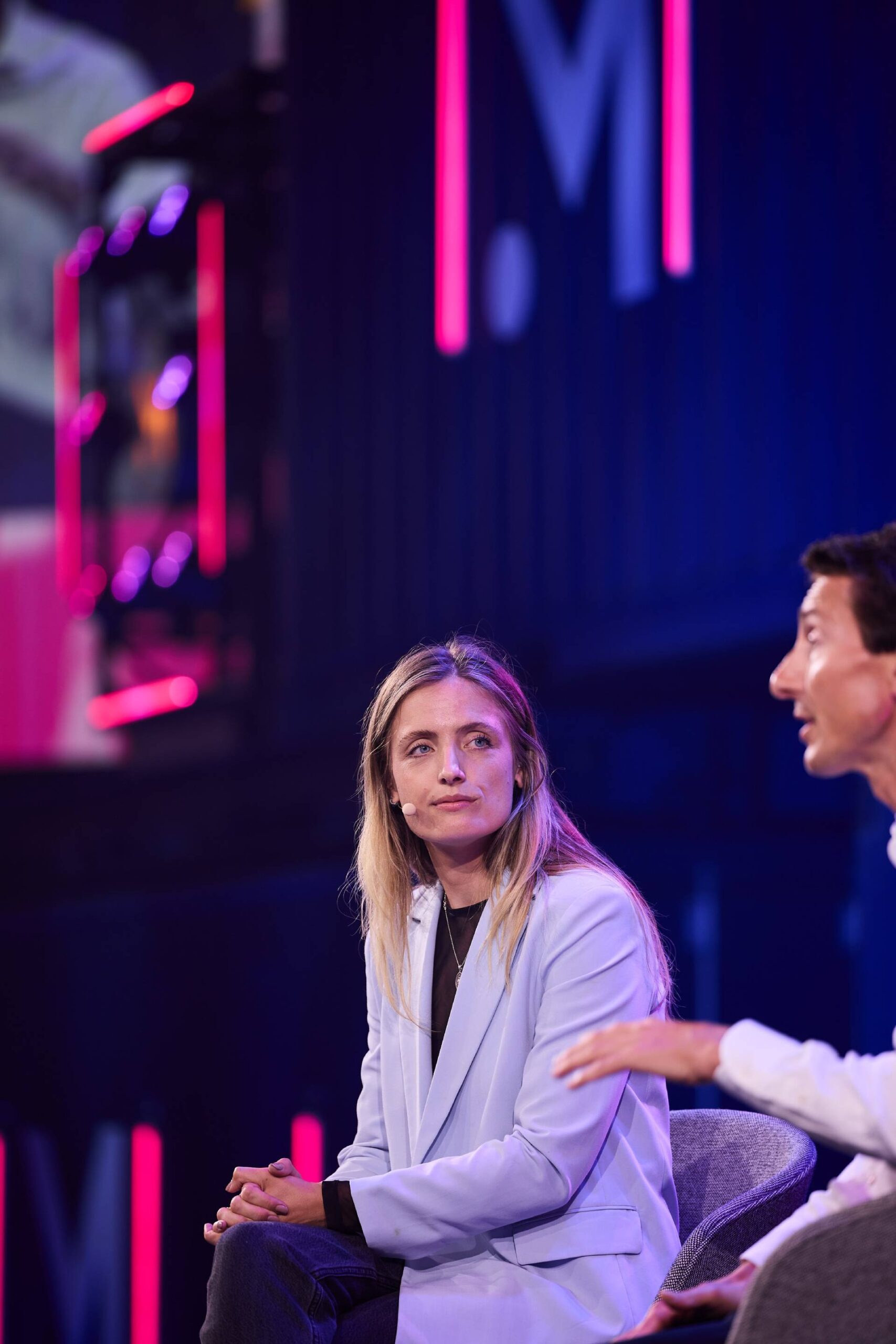
With your success, do you have a personal mantra or philosophy that has guided your career and leadership style?
Challenge everything, including yourself.
The tech and banking industries are highly competitive. How did you carve your own space and distinguish yourself in such a fast-paced environment?
We run our own race. We focus on building a product our users actually need—and when you do that well, the rest takes care of itself. In an oversaturated market, it’s easy to get distracted.
But we stay clear of the problem we’re solving and who we’re solving it for. We make a great product for a very specific group of people, and we’re not afraid to make decisions to serve them better.
As you’ve climbed the ranks at bunq, what was the most surprising lesson you learned about leadership and resilience?
Success isn’t success if you do it for others and it means nothing to you. I ran my first marathon recently—trained for nearly a year, got up before work, rain or shine. But when it was over and people asked, “Are you happy you did it?”—the honest answer was… not really. I felt a bit lost.
Because the real win wasn’t the race. It was the process. Showing up for myself every day. Success isn’t the medal or the finish line—it’s becoming the kind of person who keeps going. That’s what matters, also at work. The finish line was never the point.
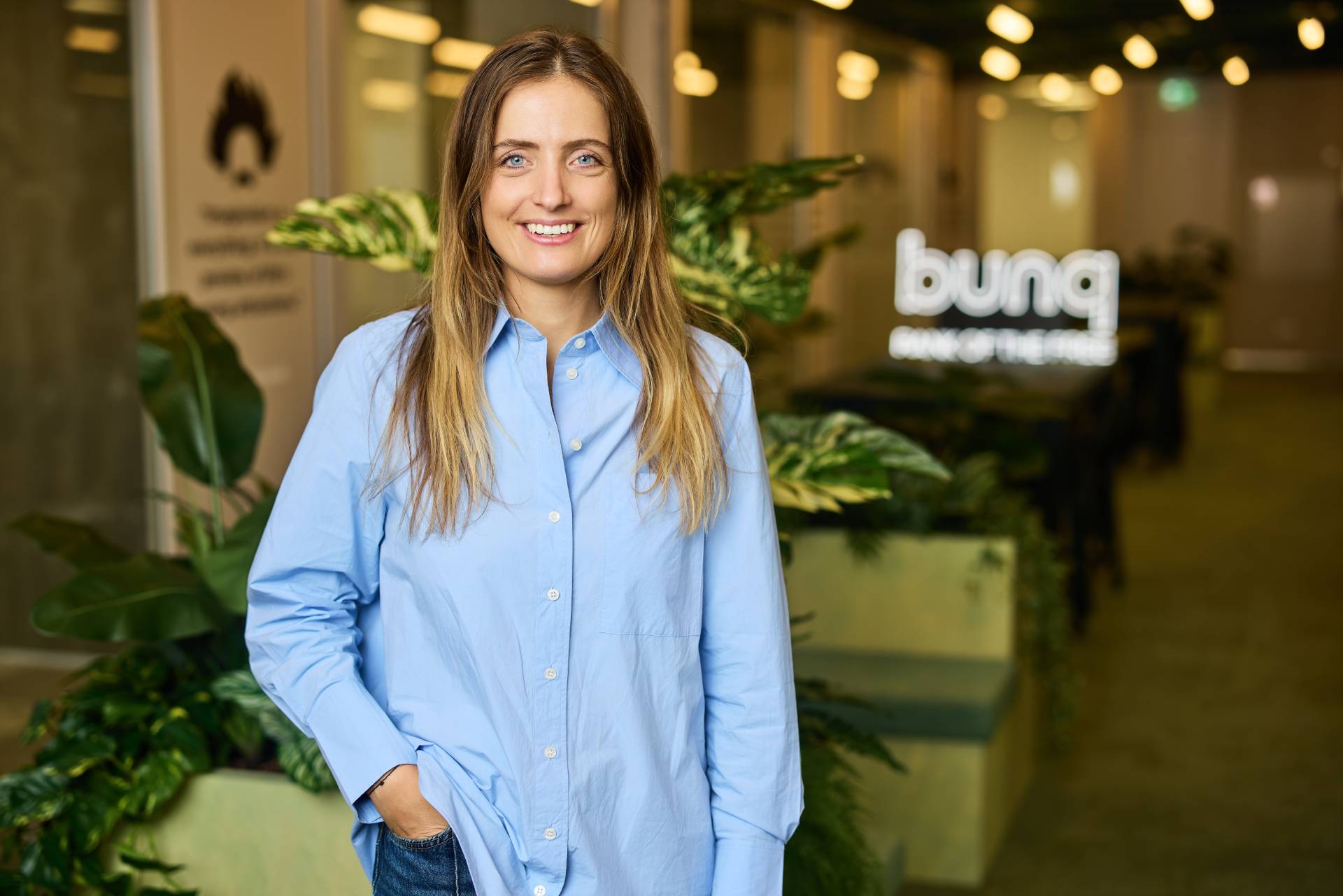
How do you personally define success, both in your professional accomplishments and in your personal life?
For me, both professionally and personally, it is about consistently rejecting limitations— geographical, mental, and societal.
We often frame our lives in terms of countries, careers, or cultures. We draw borders around what we are and what we can become. But the most meaningful experiences happen far beyond those lines when we open ourselves up to new experiences and new perspectives.
Living an international lifestyle has helped me achieve these new experiences and made me happier and more successful as a result. Our recent Global Living Report, where we surveyed nearly 5,000 digital nomads to uncover the realities of life on the move—including the personal, mental and financial impacts—supports this.
Over a quarter (28%) of respondents report saving more, while almost 1 in 4 (24%) feel more financially secure. And over 1 in 5 (21%) of those we surveyed say working internationally has positively impacted their career.
Remote work often provides better work-life balance, access to global opportunities, and the ability to collaborate with international clients and colleagues.
In industries that often pressure individuals to conform, especially at the leadership level, how do you stay true to your own values and vision?
As someone who mainly splits their time between Amsterdam and Rome and who travels a lot for work, home is wherever I open my laptop. By living this international lifestyle, I experience firsthand the challenges and opportunities faced by bunq’s location-independent users around the world.
When I got into a cab in Dublin, where I came for a conference, I got to talking about bunq to a cab driver who was upset with local banks. By the end of our ride, the driver had installed the bunq app and promised he’d give it a go.
He highlighted something that was missing from our savings product for an Irish locals—we implemented it a couple of days later. Our users’ needs are at the heart of everything we do, and living an international lifestyle helps keep me true to this vision.
It also helps me ensure I am staying true to my own values. Living as a digital nomad, travelling and interacting with people with different cultures, different backgrounds, and lifestyles, offers me perspective.
When you are stuck in the same environment every day it’s easy to get stuck in one way of thinking. There’s actually a quote by Einstein on one of the doors in our office doors that this reminds me of: “We cannot solve our problems with the same thinking we used when we created them.”
My experience is also shared with the respondents from our Global Living Report, which found that 1 in 5 (20%) acknowledged that exposure to new cultures had reshaped their perspectives, reinforcing the idea that international experiences encourage personal growth.
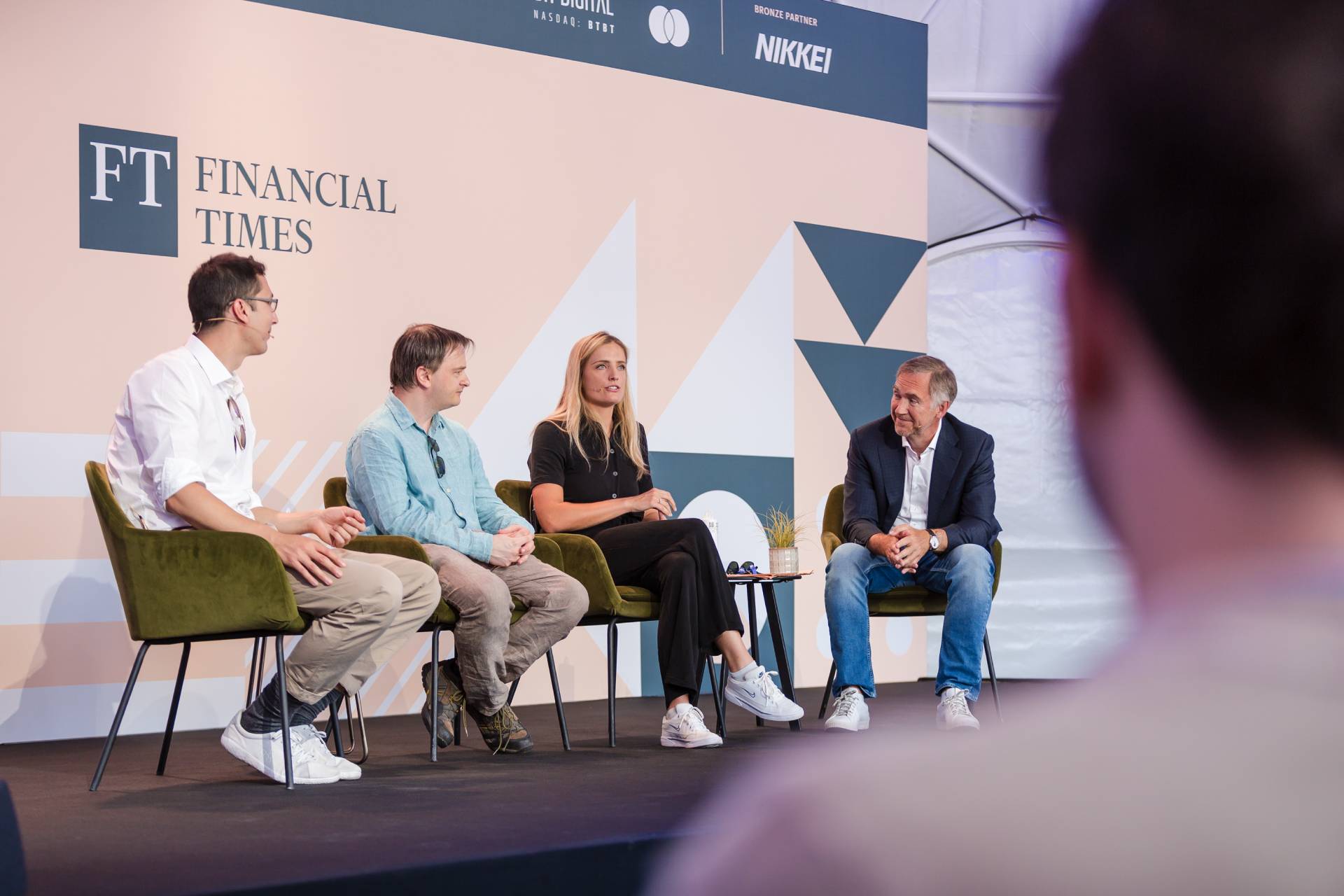
Can you talk about a time when you had to make a tough decision during your career and what helped guide you through it?
Leaving bunq—and later rejoining—wasn’t a tough decision per se, but it was a big one. And the best one I’ve ever made.
Stepping away gave me the space to develop my entrepreneurial side, gain new perspectives, and build skills I wouldn’t have picked up otherwise.
When I came back to bunq in 2022 as the CEO’s first Chief of Staff, I was sharper, more focused, and much more effective at what I do.
Now that you’re in such a prominent role, what are some of the projects or goals you’re most excited to pursue in the future?
Our users are living a global lifestyle, they need their bank to be global too. We’re going all-in on global expansion, and I couldn’t be more excited!
What advice would you give to young women who aspire to follow your path and make their mark in leadership roles, especially in male-dominated industries?
I firmly believe that with effort and discipline, anyone can accomplish anything they set their mind to. I truly believe that success isn’t reserved for the few. It’s for those who are willing to keep going, no matter what.
Discipline and consistency will take you far. Don’t wait for permission—especially not from yourself. If you want something, just go for it. You don’t need to tick every box. Most people don’t.
And don’t be afraid to question how things are done. Growth isn’t supposed to feel easy—that’s kind of the point. If it does, you’re probably not growing. The further you go, the more important it is to ask yourself the hard questions. Where can I grow? What’s getting in my way? Am I in my own way? It’s not always comfortable, but that’s where real growth happens.
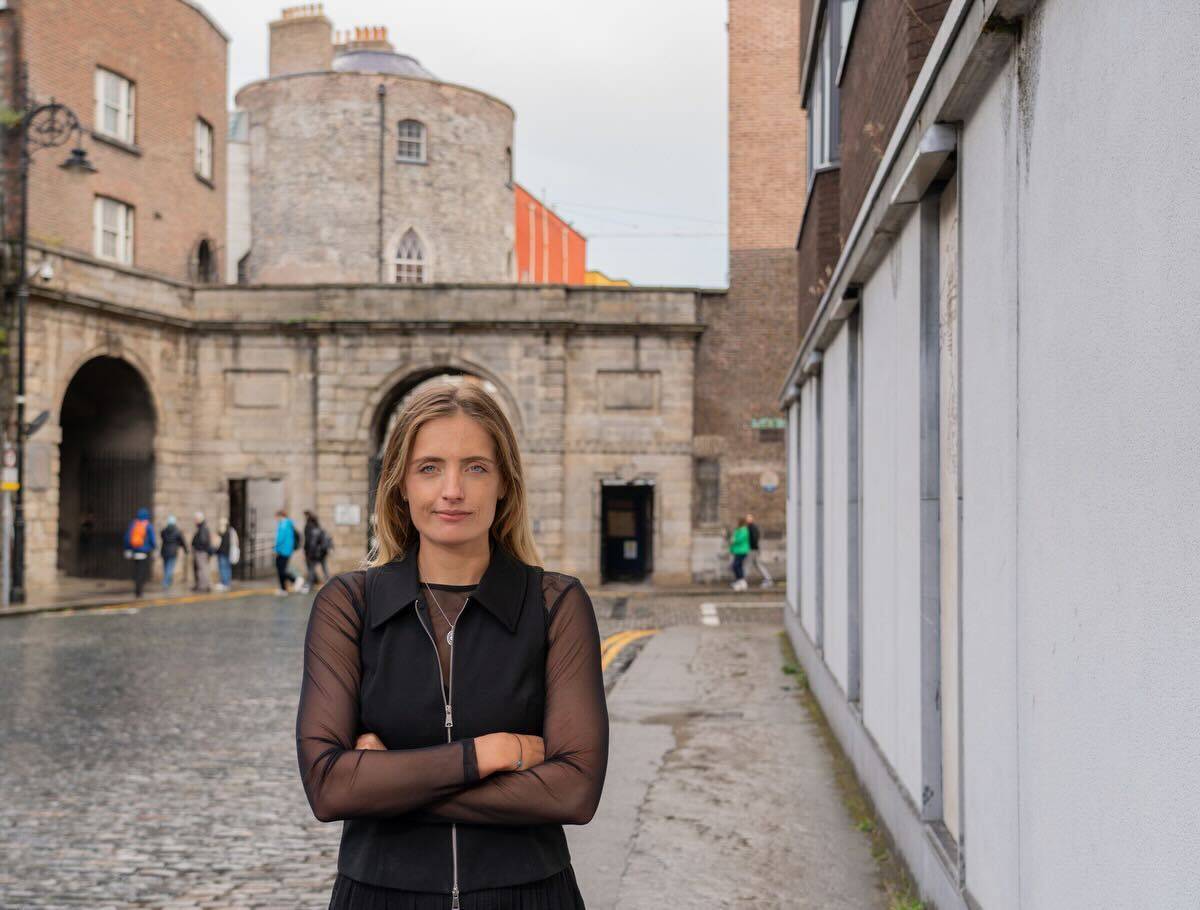
Throughout your journey, what’s one key lesson you’ve learned that you wish you had known earlier in your career?
Nobody is coming to save you. And that’s not the bad news, that’s the good news. That means it’s on you; you get to decide, act, and move. So what are you waiting for?
